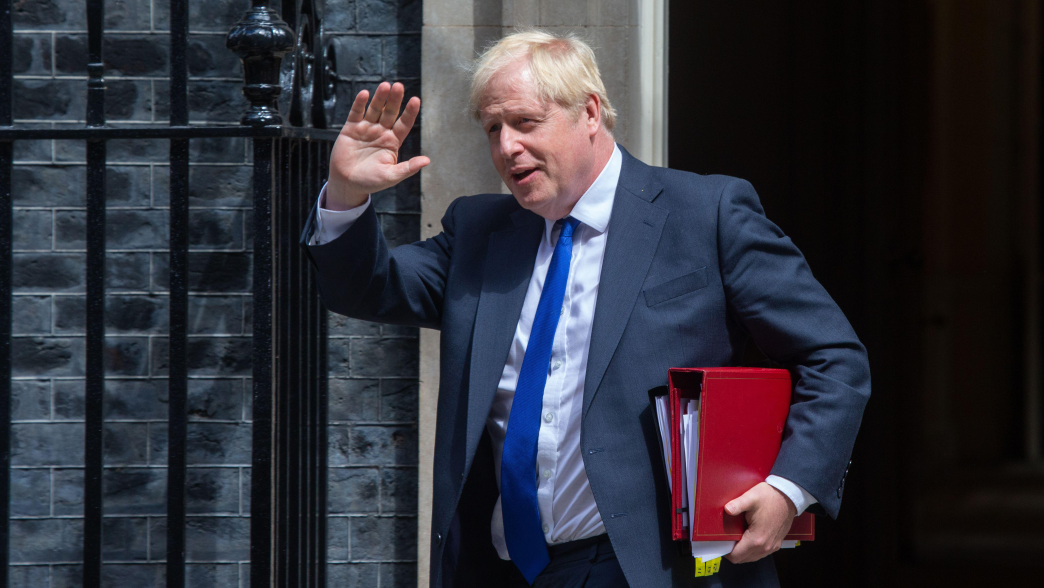The biggest winners and losers in 2021 – and what to look out for in the autumn
Institute for Government researchers look back at who the biggest winners and losers of 2021 were


The highest profile departure from the cabinet was that of Matt Hancock.

Members of both Houses will need to reflect on which of the procedural innovations forced by the pandemic are worth retaining in future.

It is still too soon to determine the long term winners and losers from the UK’s departure from the EU.

This autumn will be one of the most important for the UK public finances in several years.

fter a year of unprecedently high spending on the coronavirus response, the plans for public service spending in the next few years imply a tight spending review settlement.